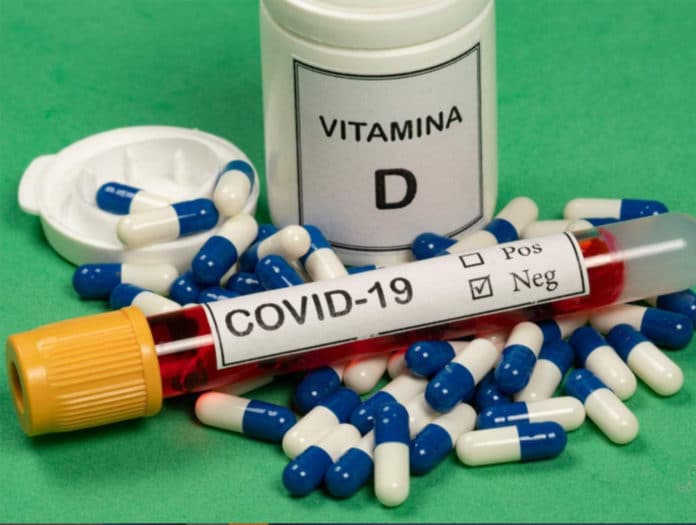Observational and ecological studies have suggested that increased vitamin D levels, as reflected by 25-hydroxy vitamin D (25OHD) measurements, can protect against COVID-19 based on in vitro. However, increased vitamin D levels are associated with many confounding variables; hence associations described to date may not be causal.
Public health experts are keen to know the ability of vitamin D to protect against severe COVID-19 illness. But, there is limited supporting evidence.
A Mendelian randomization study was conducted to analyze the relationship between vitamin D levels and COVID-19 susceptibility and severity. The study involved using genetic variants strongly associated with increased vitamin D levels.
By studying genetic variants of 4,134 individuals with COVID-19, and 1,284,876 without COVID-19, from 11 countries, scientists determined whether genetic predisposition for higher vitamin D levels were associated with less-severe disease outcomes in people with COVID-19.
Scientists did not found any proof for an association between genetically predicted vitamin D levels and COVID-19 susceptibility, hospitalization, or severe disease. It means, raising circulating vitamin D levels through supplementation may not improve COVID-19 outcomes in the general population.
Although, the study has some limitations, such as it does not involve individuals with vitamin D deficiency. Scientists think that there is a possibility that truly deficient patients may benefit from supplementation for COVID-19 related protection and outcomes.
In further studies, scientists are looking forward to determining the relationship with COVID-19 outcomes in other populations.
Scientists noted, “Vitamin D supplementation as a public health measure to improve outcomes is not supported by this study. Most importantly, our results suggest that investment in other therapeutic or preventative avenues should be prioritized for COVID-19 randomized clinical trials.”
Dr. Butler-Laporte notes, “Most vitamin D studies are very difficult to interpret since they cannot adjust for the known risk factors for severe Covid-19 (e.g. older age, institutionalization, having chronic diseases) which are also predictors of low vitamin D. Therefore, the best way to answer the question of the effect of vitamin D would be through randomized trials, but these are complex and resource-intensive, and take a long time during a pandemic.”
“Mendelian randomization can provide more clear insights into the role of risk factors like vitamin D because they can decrease potential bias from associated risk factors like institutionalization and chronic disease. In the past Mendelian randomization has consistently predicted results of large, expensive, and timely vitamin D trials. Here, this method does not show clear evidence that vitamin D supplementation would have a large effect on Covid-19 outcomes.”
Journal Reference:
- Guillaume Butler-Laporte et al. Vitamin D and COVID-19 susceptibility and severity in the COVID-19 Host Genetics Initiative: A Mendelian randomization study. DOI: 10.1371/journal.pmed.1003605
